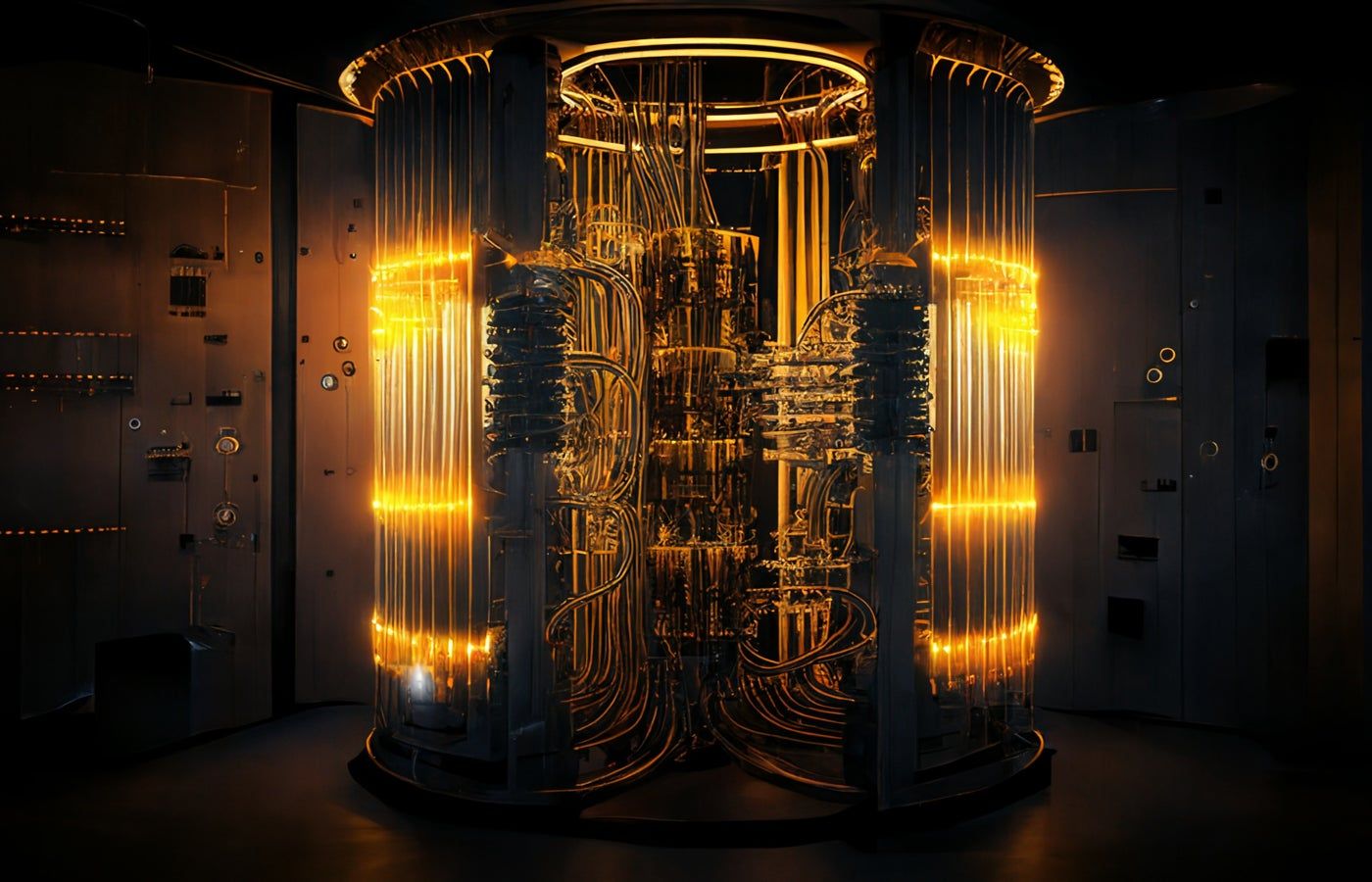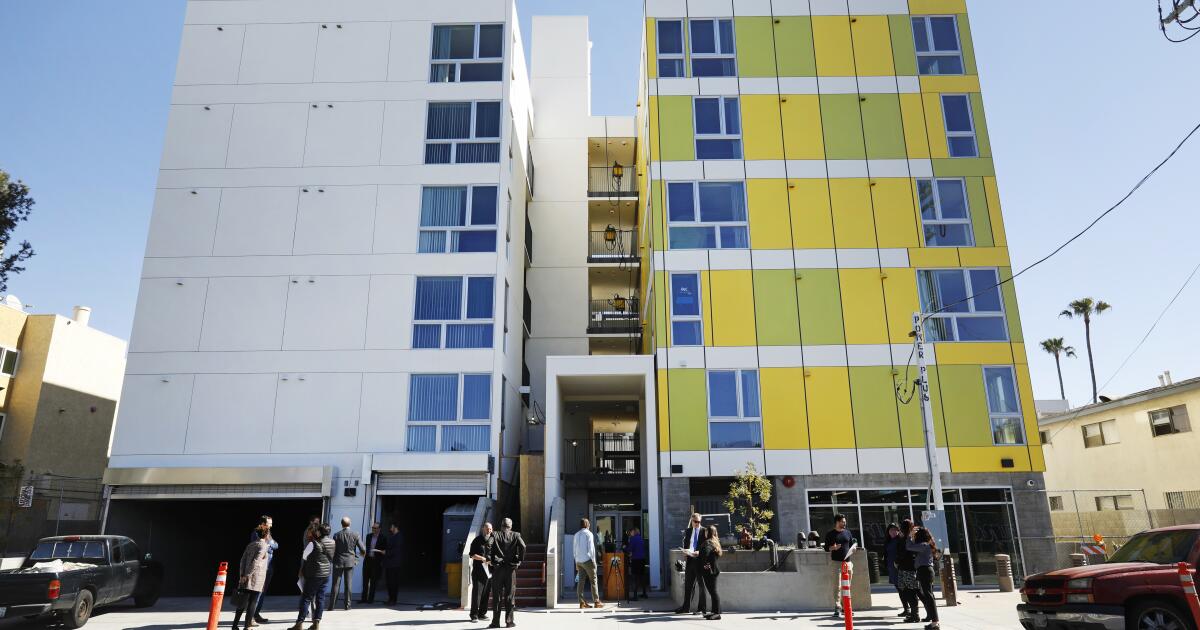Earlier this year, Australia agreed to invest nearly $1 billion in US quantum technology startup PsiQuantum in an effort to become the first country to have a commercial-scale quantum computer.
The technology is expected to be operational by 2027.
“This investment marks the start of a manufacturing and production partnership that will create hundreds of highly skilled local jobs,” the Australian government said in an April press release. “It also offers exciting opportunities for our quantum sector that will generate significant economic benefits.”
However, the deal has raised a number of questions since it was announced. These include how PsiQuantum was selected, why Australia is banking so heavily on a single quantum technology, and the exclusivity of the deal, given that PsiQuantum is also working on a quantum computer for the United States.
TechRepublic has reached out to PsiQuantum for comment.
What quantum computing technology is PsiQuantum developing?
The Australian and Queensland governments have jointly invested A$940 million (US$630 million) in PsiQuantum to build the world's first large-scale fault-tolerant quantum computer in Australia, near Brisbane Airport in Queensland.
PsiQuantum said the computer will “solve commercially useful problems in industries based on chemistry, mathematics and physics,” transforming critical industries such as renewables and “powering the global economy for decades to come.”
WATCH: How the Australian government's quantum bet will affect the local IT industry
The investment will be shared equally between the Australian and Queensland governments, with each contributing approximately A$470 million to the project. The parties have said the investment will involve a financial package including equity, grants and loans.
PsiQuantum plans to scale a fusion-based architecture using a photonic approach, which encodes qubits into particles of light. The startup will leverage the semiconductor manufacturing industry’s advanced infrastructure to manufacture and test millions of photonic devices.
PREMIUM: Explore future use cases of quantum computing
This would result in a quantum computer with enough physical qubits to enable error correction. PsiQuantum's large-scale system will have one million physical qubits and will be large-scale with a modular architecture capable of taking advantage of cryogenic cooling technologies.
What questions have been raised about the agreement with PsiQuantum?
The success of the PsiQuantum project could give Australia a head start in the field of quantum computing and facilitate further enrichment of the local quantum technology industry. However, several questions remain about the deal, as it was announced in 2024.
PsiQuantum is not a quantum computing company based in Australia
Two of PsiQuantum's co-founders (CEO Jeremy O'Brien and chief architect Terry Rudolph) are from Australia. O'Brien's career includes a decade at the University of Queensland, where the idea and early research for a photonics-based quantum computer was born.
However, PsiQuantum is based in the US. Investing in a US-based quantum startup has been questioned by local players, especially in the context of the Australian government's Future Made in Australia policy, which seeks to invest more in Australian companies.
Paul Fletcher, Australia's shadow minister for science, the arts, government services and the digital economy, says other local quantum companies, such as Silicon Quantum Computing, Diraq and Quantum Brilliance, were not carefully considered for investment.
Potential to develop local Australian capabilities in quantum computing
The agreement with PsiQuantum includes a commitment to help foster the quantum computing industry in Australia. The company has formed a strategic partnership with five Queensland universities to create specific educational programs to develop skills in quantum computing and other advanced technology industries.
“Australia and Queensland have been world leaders in the field of quantum computing for decades, and this partnership builds on that foundation,” said Jeremy O’Brien of PsiQuantum in a press release. “This collaboration will help ensure Australia develops the necessary skills and drives research to continue to lead this field for decades to come.”
Is investing in a single quantum company a risky bet?
Should Australia act like a venture capital firm?
This question arises as Australia invests a substantial amount of public money in the hope of “picking a winner” in the quantum race, even though the specific technology is unproven.
Australia has concentrated a significant portion of its quant investment (and associated risk) in a single company, while other countries are spreading their quant bets more widely due to the uncertain nature of the market and technology.
For example, the UK spent just $17 million to convince PsiQuantum to open a plant there. The UK, like other countries, is investing smaller amounts in a variety of competitive technologies so it can adapt when needed.
WATCH: Security experts welcome new NIST encryption standards for quantum computers
In a letter to the Australian National Audit Office, Fletcher wrote:
“Currently, different types of quantum technologies are being developed around the world. The world’s leading academic experts in the field of quantum, including Australian academics, cannot say with certainty which technology will be tested and able to be implemented on a large scale.”
A review of the PsiQuantum investment process may be carried out
In August 2024, Australia's Acting Auditor-General Rona Mellor confirmed that the Australian National Audit Office was considering conducting a formal audit of the PsiQuantum deal.
In response to a letter and recommendation from Shadow Minister Paul Fletcher, Mellor said it had been added for consideration to his programme of work for this financial year.
Another issue that could be reviewed is the fast-track expression of interest process, which sought feedback from other Australian quantum companies on potential investments in their companies. Fletcher called the process a “farce” given that parts of the PsiQuantum deal were moving forward.
PsiQuantum to build quantum computer in the US in 2028
Australians may only have a year to experience the first useful quantum computer. Shortly after Australia's announcement, PsiQuantum revealed it would build a second computer in Chicago, US, in 2028, where it would draw on the learnings from the Australian experience.
The US deal raises questions about the value Australia is getting from its billion-dollar spending, given that the technology will soon be located elsewhere and the intellectual property gained by PsiQuantum in developing Australia's computer will be seized by the US.
Questions remain about Australia's big leap
Australia’s quantum industry could ultimately benefit greatly from the installation of the world’s first fault-tolerant quantum computer. With PsiQuantum’s APAC base in Brisbane, Queensland and Australia could become a hub for quantum innovation.
However, the Australian Government can only hope that by 2027, PsiQuantum technology will fulfil its promise, by which time any remaining questions will be overshadowed by the promise the computer could hold for industry in Australia and beyond.











